By Christian Veyre.
Ritta Baddoura is a researcher and psychologist specialising in human-robot interaction. On Friday 8 December, she will be taking part in a debate on the theme of confidence in robots at the Digital Tech Conference in Rennes. And what a sparring-partner, her arguments hit the mark every time
For futurologist Joël de Rosnay, humanity needs to just get over it. The “Cybionte” is already living in symbiosis with us. But what is a “Cybionte”? It is the product of the marriage between cybernetics and biology. A sort of societal macro-organism that will soon cover the planet, connecting humans, mechanics and electronics through progress in biology and digital technology and turning us into cells in a gigantic whole, neurones at best.
However, the day will come when the Cybionte becomes self-aware. The notion of singularity postulates that AI will trigger an exponential technological growth, resulting in unforeseeable changes and with collateral consequences for humanity. At that precise moment, what will the Cybionte do to humanity? Will we live in symbiosis with him? Or her.
Singularity and acceptability
Ritta Baddoura is currently working on these future issues. With the objectivity of the scientist and the depth of insight of a systems analyst: “My research relates to the social, psycho-affective and mental dimensions of human-machine relations. I am working on acceptability, the association between movement and affect of humans in relation to robots and the therapeutic potential of robots. I am using tools and methods from various branches of psychology to decrypt these interactions. The idea is for my colleagues working in engineering, computer sciences and robotics to be able to use this data to invent the robots of tomorrow. Robots which are more acceptable and more relevant to humans. All done ethically.”
The material in her field of study is high-quality but human: “Everyone reacts differently to robots. There may be fear, emotion, distance or wonder. In addition to the social, cultural and subjective aspects of acceptability, there is also the technical aspect. Imagine, just for a moment, that you’re working in a ‘smart’ factory. You’re at your workstation, surrounded by robots. The quality of interaction is definitely important in order to achieve objectives, as is equally the need for human-robot coexistence adapted to the wellbeing of humans.”
Humans are not Gods, neither are robots
The material is sometimes unreliable too: “It’s hard to draw general conclusions and reproducible laws based on current scientific studies looking at the use of robots as therapeutic tools. Sometimes, robot companions can facilitate interaction in people suffering from Alzheimer’s disease or presenting disorders on the autism spectrum. Sometimes, the results are less conclusive. There was even a control group with a human who achieved better results than the group with the robot. The most interesting results are those achieved in groups of three: patient, healthcare provider and robot.”
Ritta Baddoura can legitimately be classified as a scientist has confidence in robots. But hers is a measured confidence. Especially in the uses that humans reserve for robots: “I reject idealisation and gloom-mongering. Robots are still machines programed by humans. Some have skills that seem advanced but we are just at the start of these interactions. What is exciting, is everything that humans place and project onto the robots. Knowingly or unconsciously. And it’s in this sense that robots are a complex mirror, familiar yet strange, an interesting prism for understanding humans.”
So, oddly, robots speak strangely of humans…
Originally published in Ouest-France “Les robots parlent de nous…“

